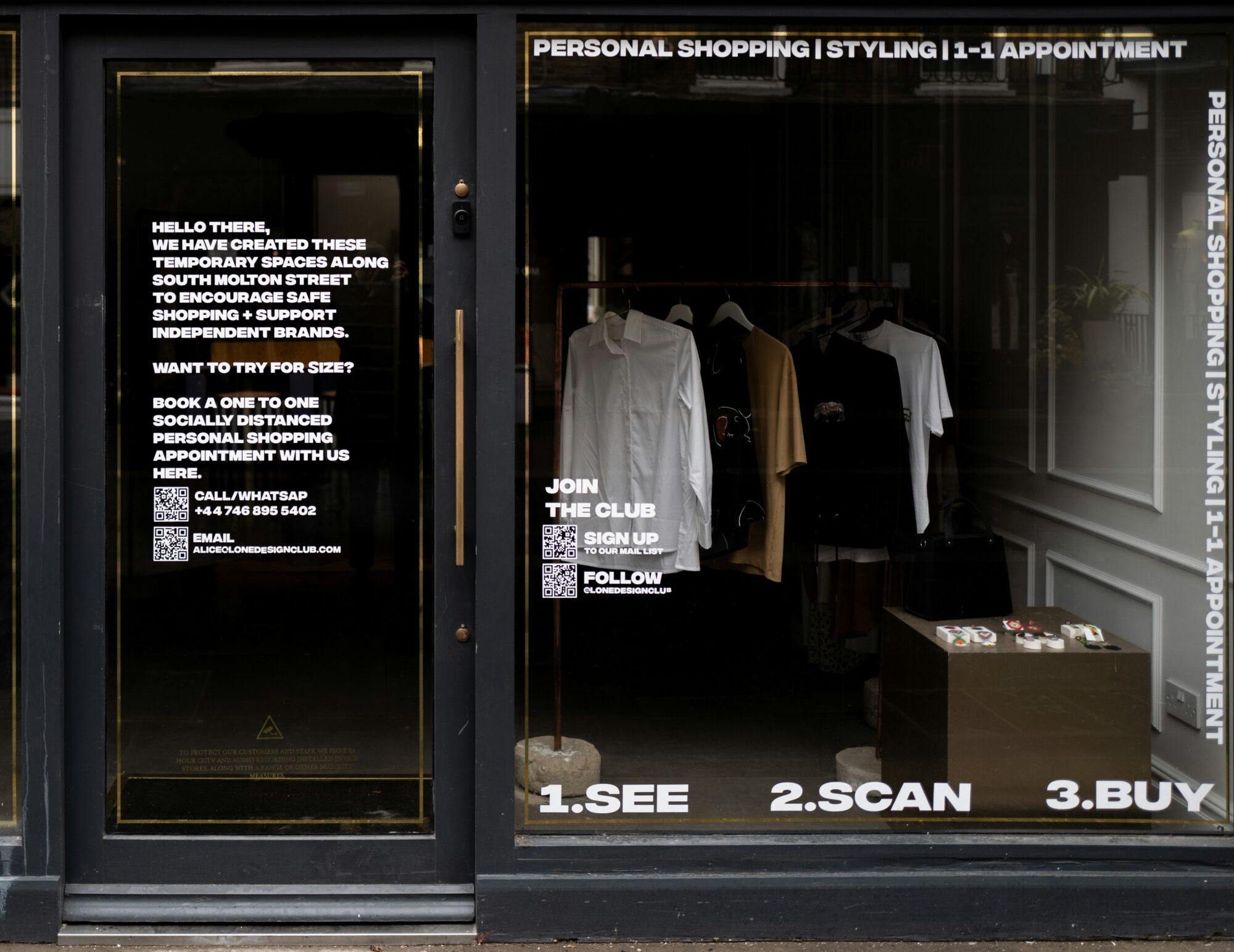

In A Post-AI World, Who Are You Building For?

What’s the best toilet paper to buy? Two ply? Soft? Environmentally friendly?
Does thinking about this bring you joy? Or is it something you think about once a year (if that) and then just order the same thing over and over again? You might not even remember the brand you decided to buy. You just keep buying it over and over, like an automaton.
Automaton? Do you mean agent?
Yes, you do. Because your agent will be buying your toilet paper, and all the other random utilitarian things you need. Toothpaste, soap, razor blades, dishwashing liquid. You won’t even have to set up a recurring order that you sometimes have to pause when you go on vacation. Your agent will place the order for you, just before you need it, always ensuring you get the best price (if that matters to you).
We are speeding toward a world in which agents are involved in most buying decisions. Some transactions will be entirely automated. Others will be more of a collaboration between agents and humans.
What types of transactions will be the most resistant to this automation?
- Expensive things for consumers.
- Things that are sold via fun/entertaining shopping experiences: online auctions, online video shopping, offline cool stores.
- Things that bring you joy or define you: clothes, some food, decor, jewelry, handbags, throw pillows, eye glasses, books, games, specialty coffee, mechanical keyboards.
In these cases, people will want to stay more involved in the buying experience. But even there, we may see agents within the curation process or the actual buying process (e.g. an agent places a bid in an online auction just in time to win the item).
If you’re a founder who is selling a product, you need to think about whether you’re selling primarily to an agent or a human being. Agents’ power over transactions will affect your product and GTM strategy.
Some companies will soon be selling primarily to agents. Are you one of them? If so, you need to know how those decisions will be made. Which vector will they be optimizing around? Price? Delivery time? Quality or durability (as understood from online reviews)? This article by Tina He describes some of the factors to think about when designing for agents:
“An AI agent… analyzes its underlying data by looking for “machine-readable structure,” such as specific product names like “Brand X Trailblazer Boot”; key features, such as “waterproof” and “ankle support”; and categorizations like “hiking,” “outdoor gear,” and “footwear.”
Several purchase types will be resistant to this automation. For these purchases, you want to make it as entertaining to shop for as possible. This is what will ensure humans will keep coming back. There’s already been an ongoing trend that merges shopping with entertainment. Platforms like whatnot, palmstreet, and TalkShopLive are examples that are relevant today.
But even in these categories, you’ll STILL have to adapt to agents. Because the agents are the ones who will bring the humans to your site.
This is a brave new world. Go forth and serve your agent overlords. 😉

Beginner’s Mind

Recently, someone told me that he wanted to work in a different field. But doing what he wanted would require him to “start over” and work back up to a place of expertise.
I could feel and hear the resistance and fear.
Why wasn’t he pursuing his dream?
Because he would have to start as a beginner. Again.
I’ve felt that, too. It was when I first started graduate film school. I was in my 30s and I had just stopped being a VP at eBay to pursue this totally different track. Most of my classmates were in their 20s. We were all beginners. But I felt like I was even more of a beginner than they were. I hadn’t been steeped in creating art for years.
I was drinking from a firehose. Every day was filled with wonder, learning, curiosity. And often, frustration.
A lot of the frustration came from the beginner’s gap between taste and capability (Ira Glass). You have good taste. But your execution sucks. Your capability doesn’t rise to the standards of your own taste. I faced that constantly, starting with the first shooting exercise. I felt embarrassed when I screened it.
For my next effort, I asked one of my classmates to be my cinematographer. I explained how I wanted it to look and feel. And he just… did it! His simple choices created the visual effect I wanted. It was a big a-ha moment for me. I understood the visual language in a new way.
Fifteen years later, I still remember when I realized there was a way to get across the gap between my good taste and my bad execution. I had to learn the language of the camera. I had to be willing to admit I didn’t know—to myself (painful) and to others (also painful). I had to open myself to truly learning (freeing), and then absorb everything I could (exciting).
To get there, I had to detach from my previous know-how, credentials, and expertise. I had to acknowledge that I didn’t know, that I wasn’t good yet, and that I had to work hard to learn the skills to deliver the film I saw in my head.
My sense is that the same thing is true for startup CEOs. You need a fresh perspective on the industry to be able to see how things can be done better. And you also need to have the humility of a beginner in building the business to find the things that will close the gap between your taste and your execution. It requires you to be humble and detach yourself from all of the things you’ve accomplished so far.
This is especially true when you are doing things no one has ever done — with no experts to consult and no roadmap to follow.
For example, Andre Haddad joined Turo (then known as RelayRides) as their CEO in 2012. He came to Turo with deep marketplace expertise — he was a founder of iBazaar which was acquired by eBay, ran design and then product at eBay, and was CEO of Shopping.com. But Turo was different in some key ways.
Turo had a completely new concept: monetizing your car by allowing others to use it while you were not using it. This meant that Turo was unlike other marketplaces where finding supply isn’t a huge issue. At Turo, it took fresh thinking to find a supply of cars and teach the hosts new behaviors.
Turo also needed insurance. No insurer had ever insured a marketplace for car sharing before. That required data. But in order to get the data, Turo needed insurance. Chicken and egg.
Andre’s previous marketplace experience wasn’t that useful to Turo’s specific problems. He had to get creative. He ended up radically over-paying for insurance in the short term—paying more in insurance premiums than Turo’s whole marketplace gross booking value (GBV). But he knew that he would only have to do this until they collected enough data to allow the actuaries to price the risk correctly.
Both of these were new problems that Andre encountered at the frontier. There was no playbook. There was no previous mastery to lean on. He had to accept the reality of being a beginner.
Andre tries to learn a new skill every decade. He uses this as a forcing function to put himself into a beginner’s mindset and grapple with what that entails. I love this concept. Here’s what beginner’s mind means to me:
- Unafraid of failure.
- Willing to appear (and be considered) incompetent.
- Eager to learn from others, and seek advice and help.
- Comfortable measuring your performance against own personal best, not based on an external metric.
- Excited when you discover you don’t know something (because now, you will learn).
- Low/no ego to maximize learning and growth.
Painful at the start, but useful.
